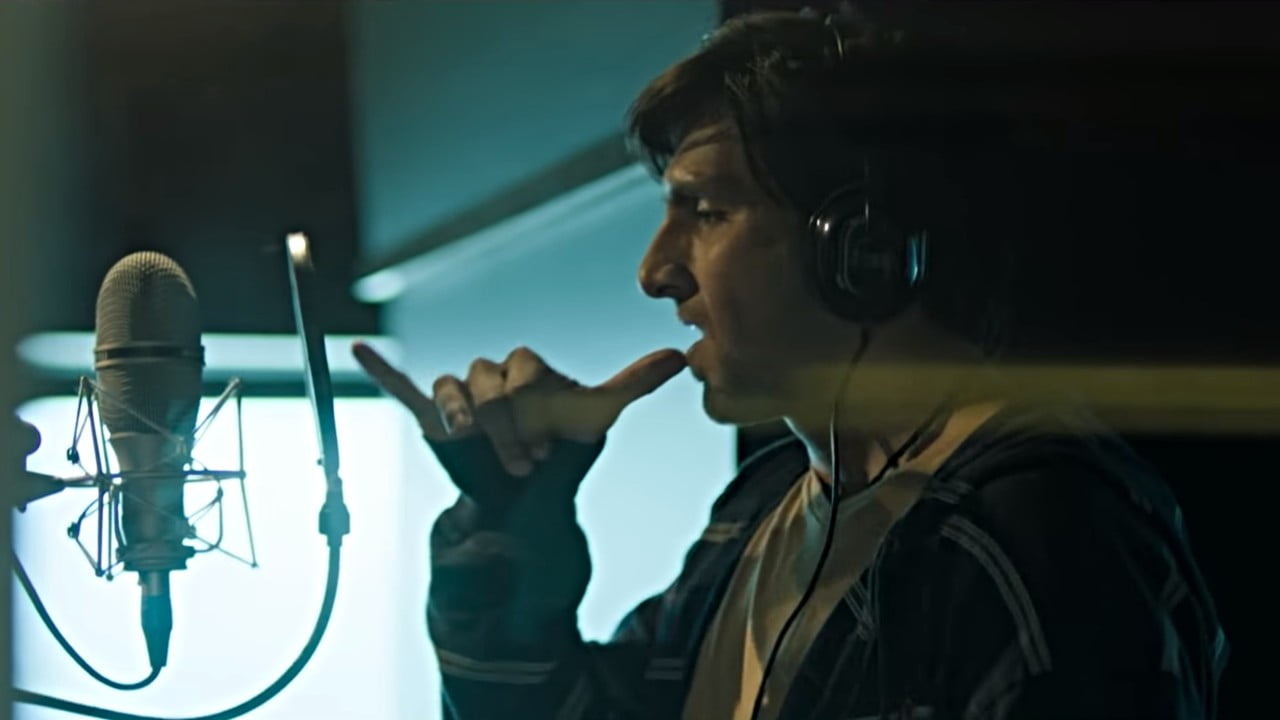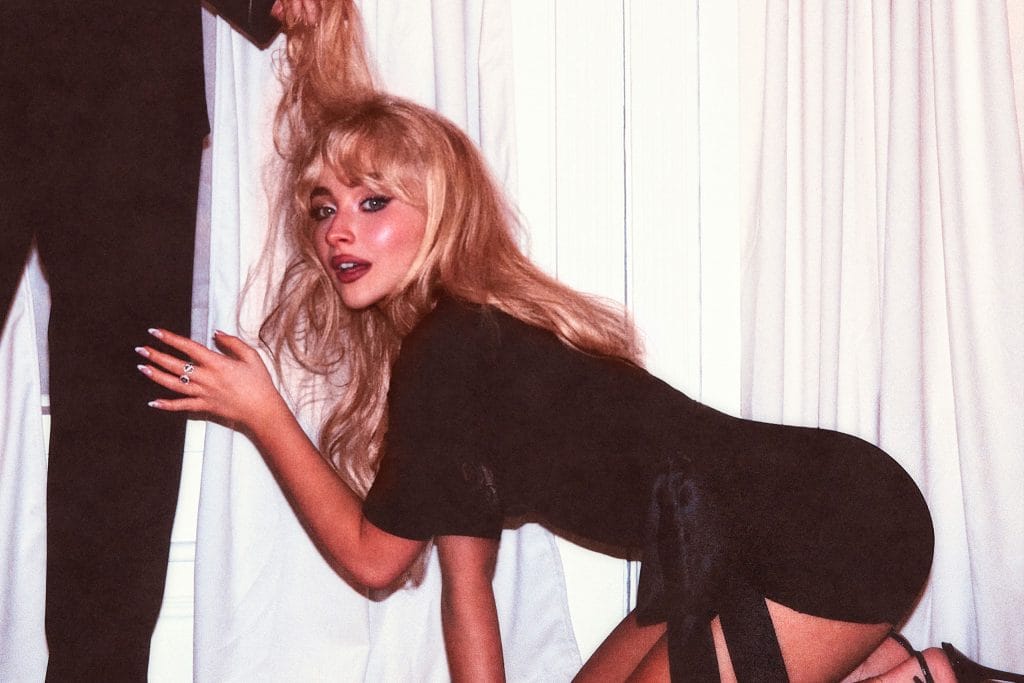The recent controversy around Zoya Akhtar’s film Gully Boy using the song ‘Azadi’ has led to a lot of questions about what the chants of ‘Azadi’ mean and how it came to be. It has been used and thrown around quite often, much to the displeasure of the government. However, Azadi, which means ‘freedom’, will never truly lose its value. It is a heavy word; it carries meaning. Dub Sharma’s version of the song picks up directly from Kanhaiya Kumar’s rousing chants in Jawaharlal Nehru University from 2016, where he demanded Kashmiri rights to self-determination and protests against AFSPA. ‘
In the context of Gully Boy, the song ‘Azadi’ is Murad’s inner voice as he is bogged down by the pressures of love, poverty, dreams, and family. From the slums of Dharavi, he strives for freedom from poverty, freedom to have a dream, freedom to love and to break from the shackles of his father.
However, he wasn’t the first and will definitely not be the last to use it. So, when and where did ‘Azadi’ originate?
Also read: What ‘Gully Boy’ Got Right

The origins of ‘Azadi’ in India traces back to a 1991 conference at Jadavpur University in Kolkata where well-known feminist activist Kamla Bhasin first recited her poem titled ‘Azadi’. She was accompanied by a group of women who chanted with her. The poem reads, “Meri behane maange Azadi, meri bachhi maange Azadi, naari ka naara Azadi…” (My sisters want freedom, my daughter wants freedom, every woman’s slogan is freedom).
It is a war cry against patriarchy. Bhasin has been performing this poem across the country for over three decades demanding equal rights for women. “From patriarchy: Azadi; from all the hierarchy: Azadi; from endless violence: Azadi; from helpless silence: Azadi,” she chants.
Kamla Bhasin was in her forties when she first raised the cries of ‘Azadi’ in Jadavpur University nearly thirty years ago. Her voice has not wavered since, and she continues to fight for the rights of women in rural India.
It is a war cry against patriarchy. Bhasin has been performing this poem for over three decades demanding equal rights for women.
In a few interviews, Bhasin mentioned that she was inspired by something that she had heard at a women’s conference in Pakistan in 1985. The line being recited was, ‘Meri Behene Maange Azadi!’ She improvised it to come up with her poem which has been the revolutionary slogan of most feminist movements in India since. Even today, she keeps improvising the poem to demand freedom from different things given the time and place of the protests.
She claims that ‘Azadi’ isn’t a slogan solely for feminists. She says in an interview, “Since the beginning we have been including farmers, workers and tribals too. Any kind of freedom for women is impossible without freedom from caste and the present social circumference the society as a whole operates in. Everything is so bloody interconnected.” For example, the slogan took shape of, “Azadi from helpless silence, azadi from violence, azadi from media vultures, azadi from nuclear thunder” during a conference in Beijing in 1995. The key is to keep adapting it to the changing social realities.

The slogan has now become a constant in any fight against social injustices of various kinds. A lot of the Left parties and other groups have taken to adapted versions of the poem. Kanhaiya Kumar in 2016 changed the lines of the poem to demand freedom from “Bhukmari” (Hunger), “Bhedbhav” (Discrimination), “Brahmanvaad” (Brahmanical Hierarchy), etc. Bhasin however reminds us that the scope of the chant is not restricted to freedom from social injustices but is also an advocacy for freedom of self-expression and celebration.
Kamla Bhasin’s struggle against injustice began in the 1970s. As vociferous and powerful as before, she continues to inspire generations of women to fight for their rights regardless of their class, caste, or gender. She is best known for her work with Sangat – A Feminist Network and for her poem ‘Kyunki main ladki hoon, mujhe padhna hai’ (I want to study because I’m a girl). She worked for the United Nations Food and Agriculture Organisation, which she quit in 2002 to focus on her feminist work. She has been an integral part of the One Billion Rising movement in South Asia.
Zoya Akhtar’s ‘Azadi‘ track, though quite anti-establishment, heavily sanitises the excerpts of Kanhaiya’s cries in JNU by removing some key elements of it – mainly words like ‘Brahmanvaad‘ (Brahminical hierarchy) and ‘Bhedbhaav‘ (discrimination).
The irony is unmissable when Gully Boy, meant to shake up the class divide decides to be selective in exercising the freedom of expression.
In an interview with Anupama Chopra, both Alia Bhatt and Ranveer Singh, who rapped most of the songs in the film himself, distanced themselves from the song when asked about it. They pinned it on Dub Sharma and Vivian Divine, claiming that Ranveer had no role to play. Ankur Tiwari, in an interview with the Scroll, admitted that the song did have socio-political overtones but had nothing to do with the ‘controversial’ JNU protests.
The irony is unmissable when Gully Boy, meant to shake up the class divide decides to be selective in exercising the freedom of expression. This is only indicative of the growing intolerance and fear of expressing any form of dissent against the government or the current political climate; which is perhaps one of the most important pillars of a democracy.
Also Read: In Conversation with Kamla Bhasin: Renowned Developmental Feminist Activist
References:
- DailyO: Kamla Bhasin on why ‘Azadi’ was never Kashmir’s Alone
- Huffington Post: Kanhaiya’s Catchy Azadi Chant Is Not From Kashmir, It’s From Pakistani Feminists
- Kamla Bhasin – Azadi
- News18: A poem about ‘Azadi’ by Kamla Bhasin that will inspire you
Featured Image Credit: Firstpost
About the author(s)
Nayonika Sen is a Marxist feminist law student. Passionate about history, literature, writing, and smashing Patriarchies! Academic at heart.




